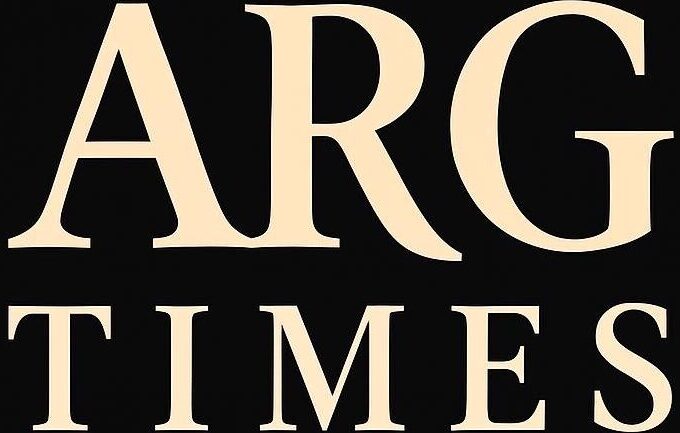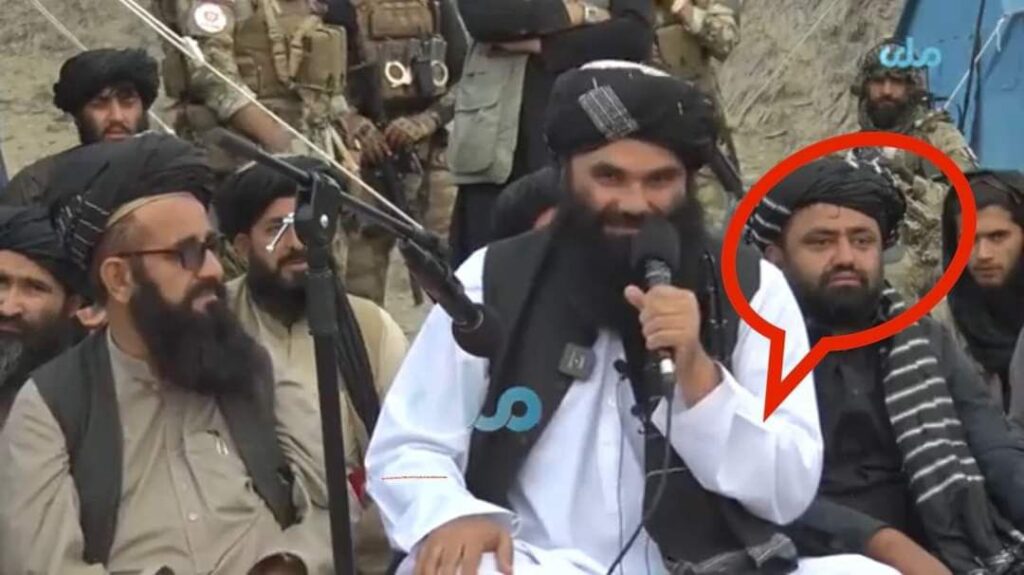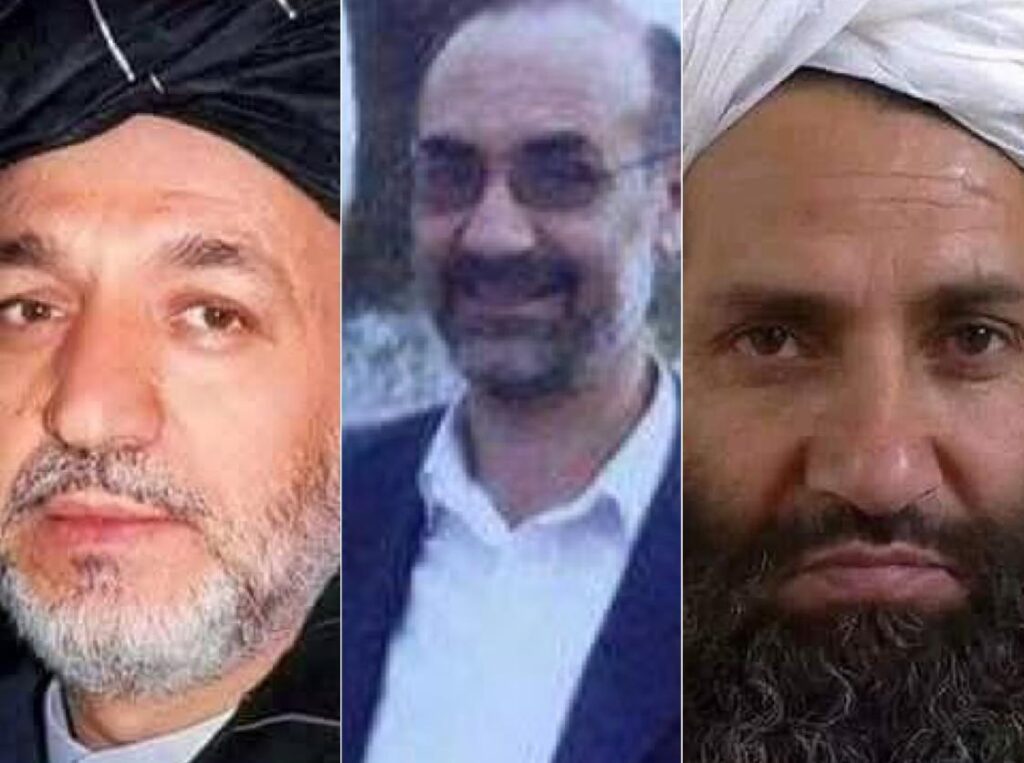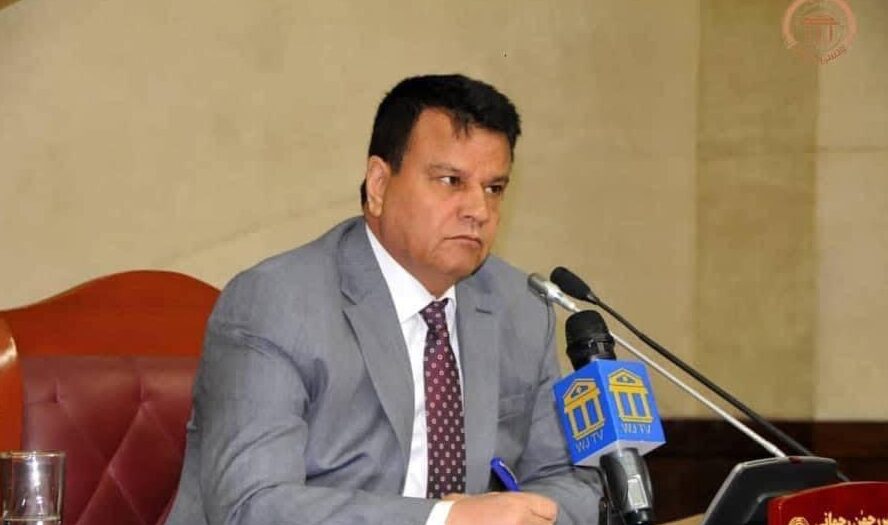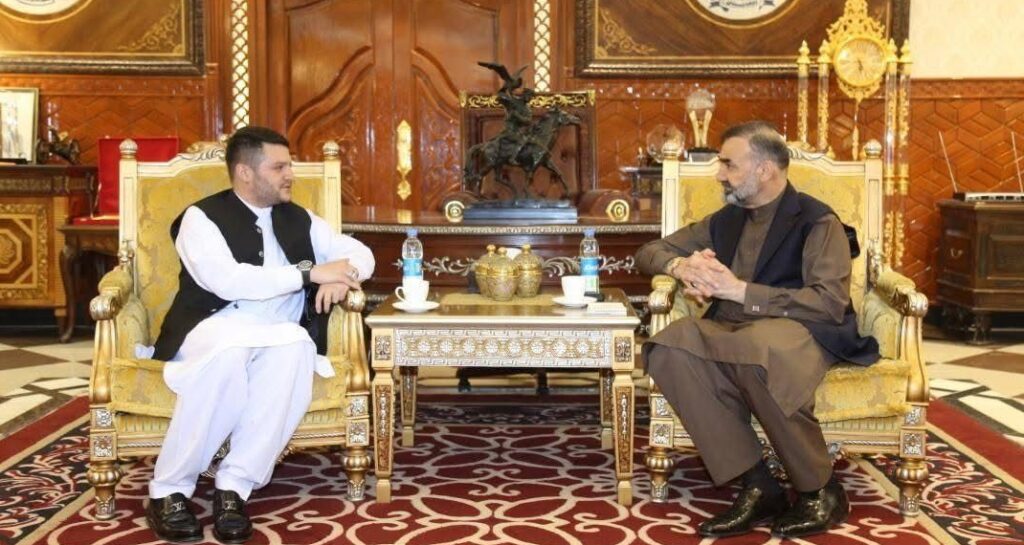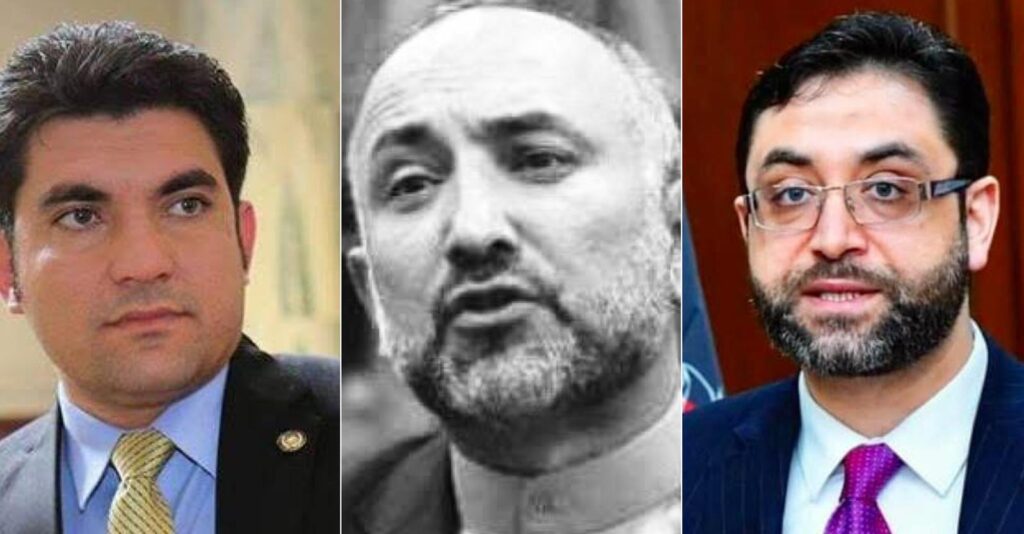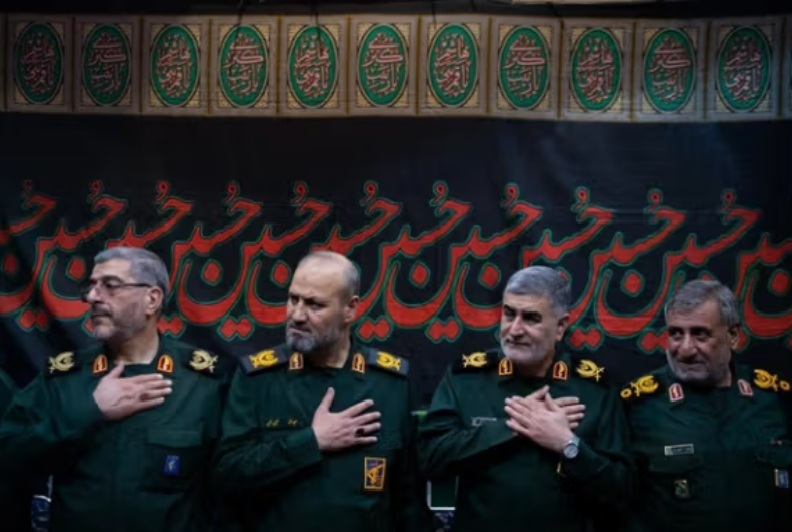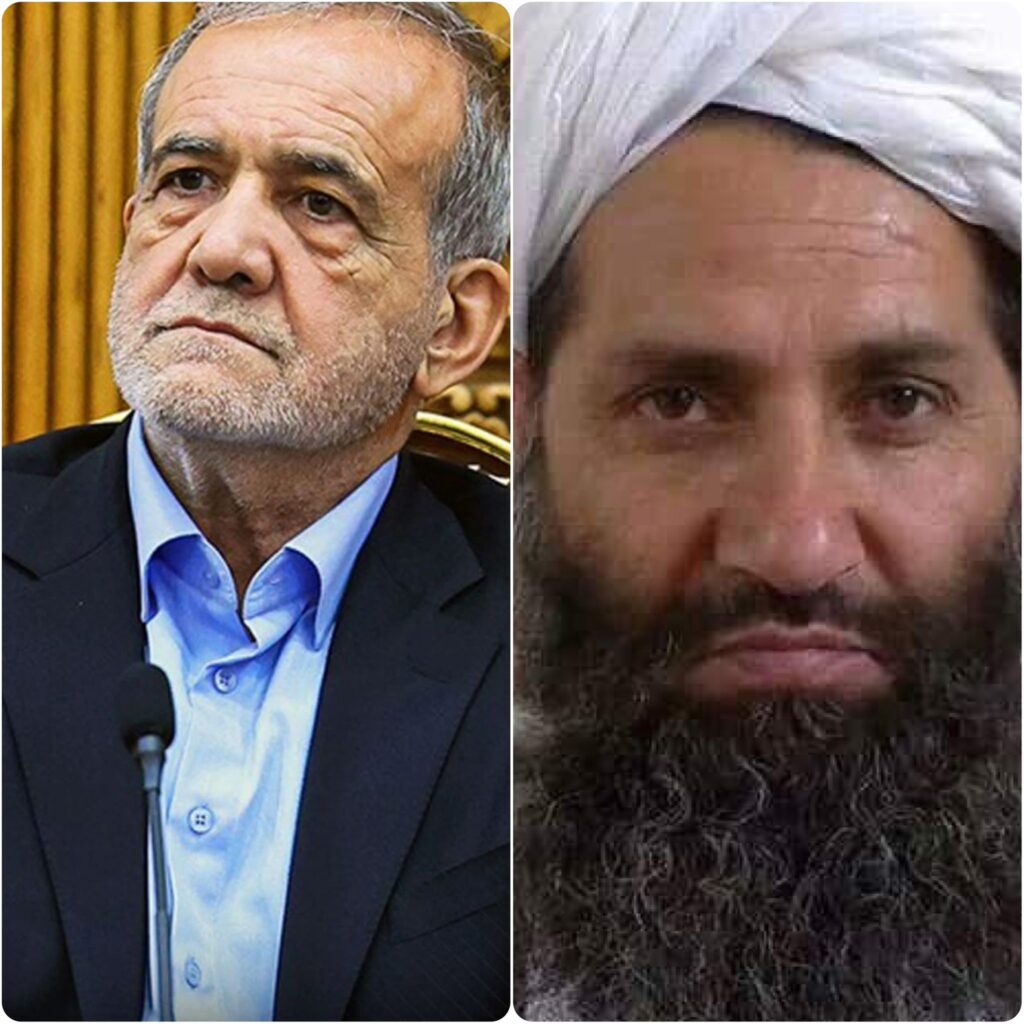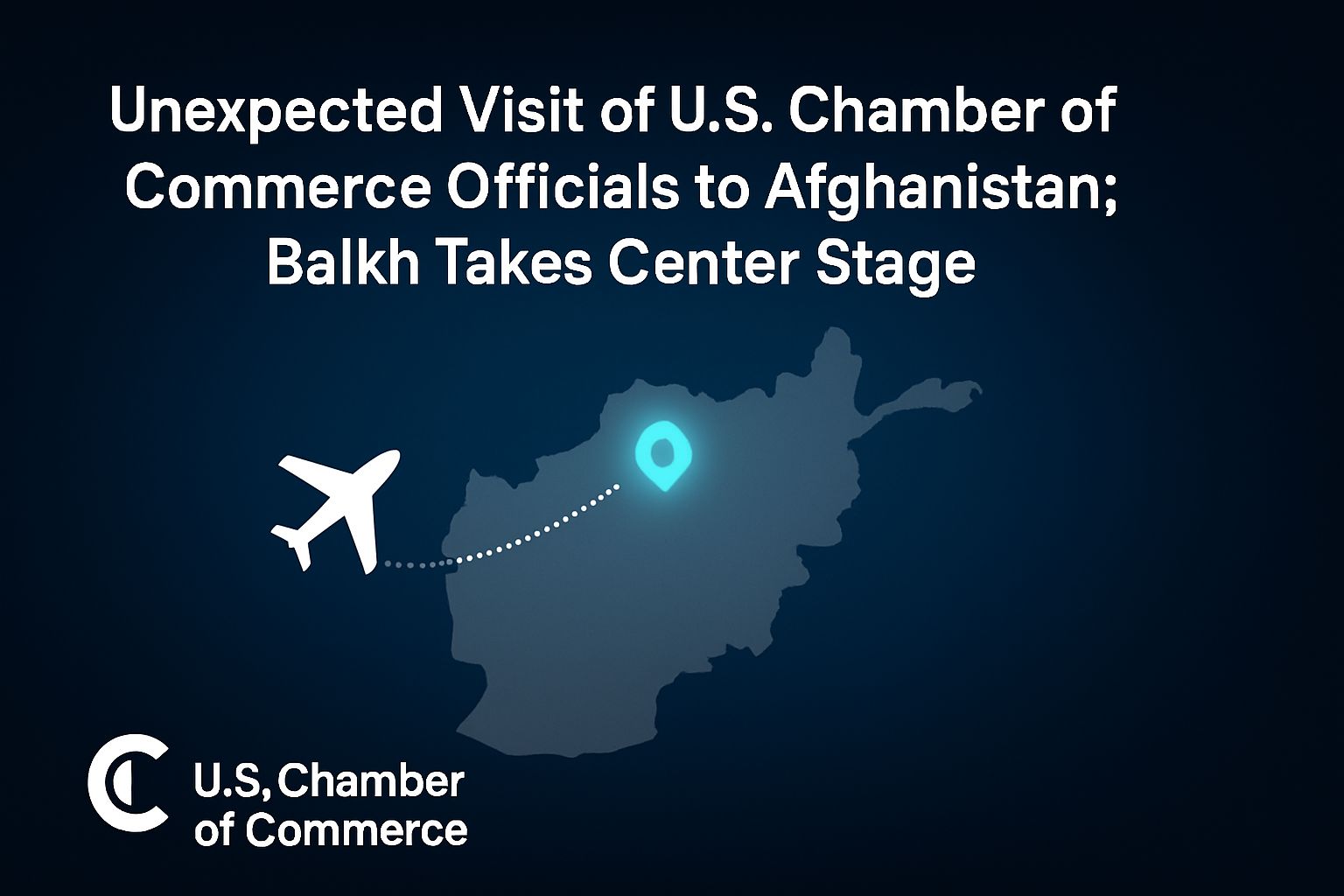Read More
Photos obtained by Arg Times show that in Katawazai’s office, a picture of Taliban founder Mullah Mohammad Omar is displayed instead of former President Ashraf Ghani. He has also reportedly met with senior Taliban officials, including Sirajuddin Haqqani, the Taliban interior minister.
In mid-September, leaked images of a private party in Tashkent stirred controversy. Photos obtained by Arg Times show a gathering of several former politicians—now turned businessmen—around tables with alcoholic drinks. Sources say the images are from a 16 September party at the luxurious “Ginaidin” restaurant in Tashkent, hosted by Kamal Nabizada, a well-known Afghan businessman in Central Asia.
In recent weeks, rumors have surfaced in the media suggesting that the Taliban’s supreme leader is attempting to restrict or even exile former president Hamid Karzai. At the same time, sources close to Afghanistan’s former political structure have reported on the movements of figures such as Engineer Ebrahim Spinzada and Yama Karzai, who allegedly held secret meetings with Taliban officials in Kabul.
Khwaja Mahboob Sediki, political advisor to the leader of Jamiat-e-Islami (Ata Mohammad Noor’s faction), confirmed in a conversation with Nusrat Parsa that Rahmani, after facing problems with the United States, has refrained from continuing his activities in the National Resistance Council. According to him, Rahmani was actively participating in its leadership meetings at the time of the council’s establishment.
Next week, a meeting is scheduled to take place in Pakistan, usually attended by political opponents of the Taliban. Among nearly forty Afghan figures expected to participate, the political movement Peace and Justice, led by Hanif Atmar, the former foreign minister and the last senior official of the Republic regime, is also listed. It is possible that Atmar himself or his representative will attend this meeting.
A12-day war with Israel has ushered Iran into a new phase where crisis is no longer episodic but structural—an unstable order held together by instability itself.
Iran’s newly elected President, Masoud Pezeshkian, has announced his willingness to make an official visit to Afghanistan. This comes at a time when the relationship between the Islamic Republic and the Taliban appears to be moving toward normalization.
